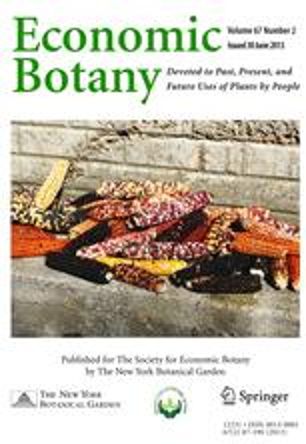Mangrove forests provide a wide range of services to coastal communities worldwide. These services include carbon sequestration and coastal protection, both of which are critical in the context of climate change. However, these wetlands are still experiencing destructive anthropogenic impacts in many areas. Senegal and Colombia, two countries in the Atlantic-East Pacific biogeographic region, both have abundant mangrove cover and share several mangrove species. This study assessed the use of mangrove resources (fuelwood, timber, and other non-timber forest products) by local communities in both countries. A total of 210 semi-structured ethnobotanical questionnaire-based interviews were conducted in Sokone and neighboring villages bordering the Sine-Saloum Delta in Senegal (110) and in the Cispata lagoon system in Colombia (100). The results for Senegal indicate that individuals residing near the Sine-Saloum Delta in neighboring villages rely more on mangroves compared to those living in Sokone. In Colombia, reliance on mangroves was associated with occupational activities. Despite lower species diversity compared to the Indo-West Pacific biogeographic region, mangroves provide various services in both areas, underscoring their significance to local communities and their livelihoods. Finally, the Indigenous and local knowledge emphasizes the need for alternatives to mangrove resources and the promotion of sustainable harvesting practices to ensure the conservation of mangroves and the continued provision of essential services.
DOI:
https://doi.org/10.1007/s12231-024-09628-8
Dimensões Contagem de citações:

Ano de publicação
2025
Autores
Dupont, R.; Diallo, K.; Georis, S.; Kungula Makoso, D.; Ximenes, A.C.; Satyanarayana, B.; Tarelkin, Y.; Diouf Goudiaby, K.; Hugé, J.; Polanía, J.; Dahdouh-Guebas, F.
Idioma
English
Palavras-chave
mangroves, wetlands, biogeography, coastal areas, carbon sequestration, species, surveys, ecosystem services, biodiversity conservation, blue carbon, ethnobiology
Geográfico
Senegal, Colombia


















